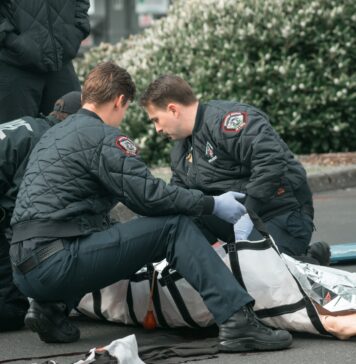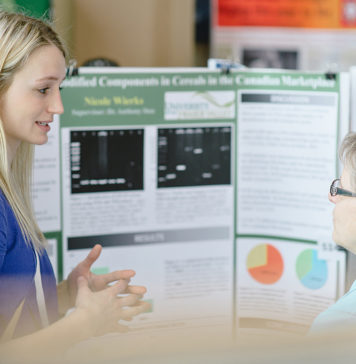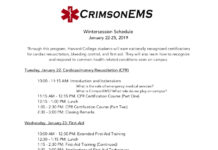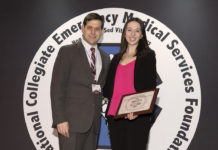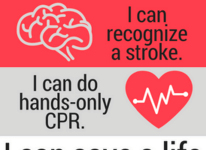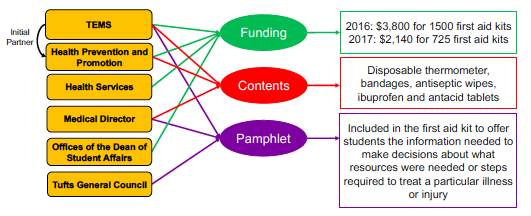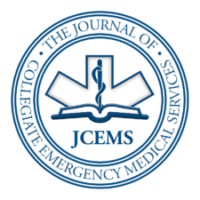Reducing Barriers to Bystander Intervention:
Harvard University's Crimson EMS developed a workshop series for students on campus, focusing on CPR and Stop the Bleed training.
Interview with Catherine Gibbs
Catherine Gibbs shares her passion for community engagement and offers advice on how student speakers can inspire an audience.
Implementation of Stop the Bleed on an Undergraduate College Campus
Johns Hopkins Emergency Response Organization (HERO) implemented a training, preparedness, and public access equipment program to stop the bleed on their campus.
Implementing Stop the Bleed at Skidmore College
Skidmore College Emergency Medical Services (SCEMS) implemented a Stop to Bleed campaign at Skidmore College. SCEMS organized 20 free bleeding control trainings to train over 60 community members and incorporated $5,000 into the Skidmore Campus Safety 2018 budget for bleeding control equipment.
Cardiac Health and Stroke Awareness Month (CHASAM)
Massachusetts Institute of Technology (MIT) EMS designed a non-certification learning opportunity for students who have not previously sought out CPR training. MIT EMS’s creation of an annual Cardiac Health and Stroke Awareness Month (CHASAM), piloted in 2016 and repeated in 2017, substantially increased the number of trained bystanders from a diverse selection of residential communities.
Upstream of EMS Overutilization
Tufts Emergency Medical Services—alongside Tufts Health Promotion and Prevention—funded, created, and distributed first aid kits and informational content to all first-year students.
Tackling Barriers to Seeking Emergency Care
To encourage care-seeking behavior, collegiate EMS leaders spearheaded the development and implementation of a medical amnesty policy.



